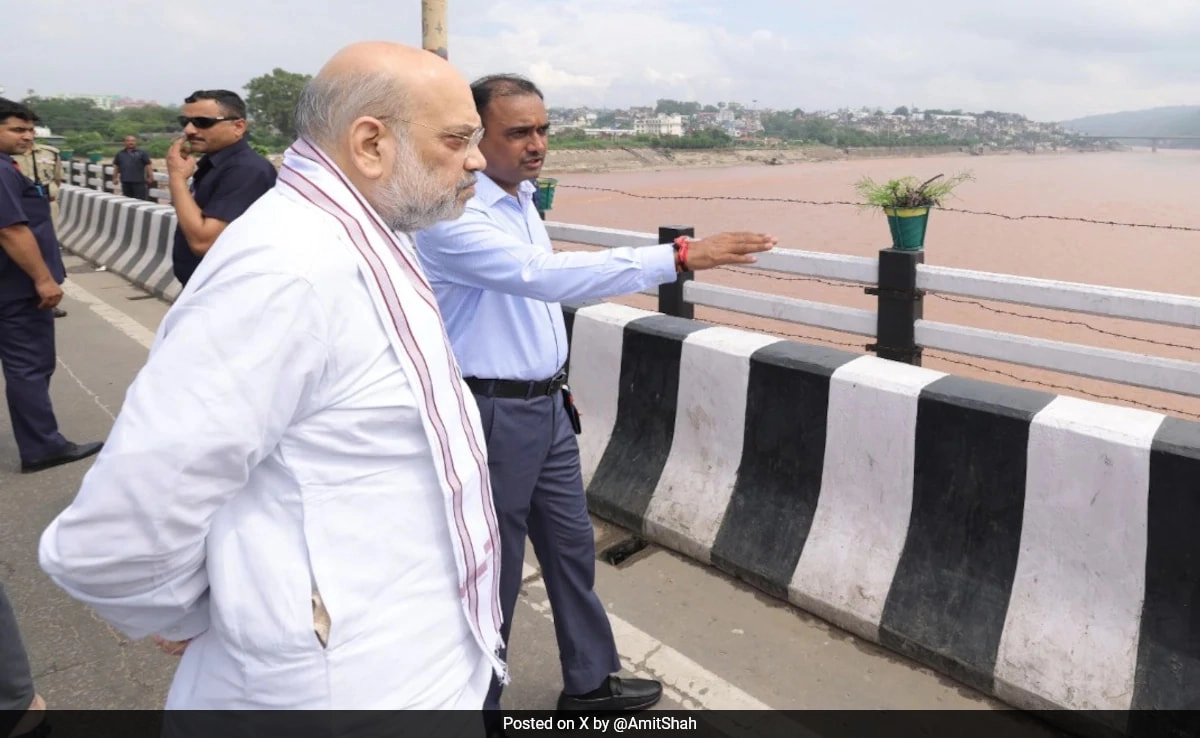Union Home Minister Amit Shah’s scheduled flight to Delhi was unexpectedly diverted to Jaipur due to adverse weather conditions in the capital. This incident highlights the impact that weather can have on air travel, particularly in a country like India where monsoon season can lead to sudden and severe changes in weather patterns. With storms and heavy rainfall affecting visibility and flight safety, air traffic control took the prudent step of rerouting the flight to ensure the safety of passengers and crew.
The diversion occurred while Shah was en route to attend important engagements in Delhi, underscoring how weather-related disruptions can affect even the highest levels of government. Upon landing in Jaipur, the Home Minister was likely briefed on the situation in Delhi and the potential delays his itinerary might encounter. Officials often have contingency plans in place for such circumstances, ensuring that leaders can swiftly adapt to unexpected changes.
This incident serves as a reminder of the broader implications of weather on travel and logistics, which can affect not only politicians but also ordinary citizens. Flight cancellations and delays can lead to missed appointments, disrupted schedules, and a ripple effect across various sectors. As the government continues to navigate these challenges, it is essential to have robust systems in place to manage air traffic and ensure that safety remains the top priority.
In the face of such challenges, effective communication and flexibility become key. The ability to quickly inform affected parties about changes and to provide alternative arrangements can mitigate the inconvenience caused by such disruptions. As Amit Shah’s situation illustrates, effective crisis management and responsiveness are crucial in maintaining the flow of governance and ensuring that essential duties are carried out despite external challenges.




